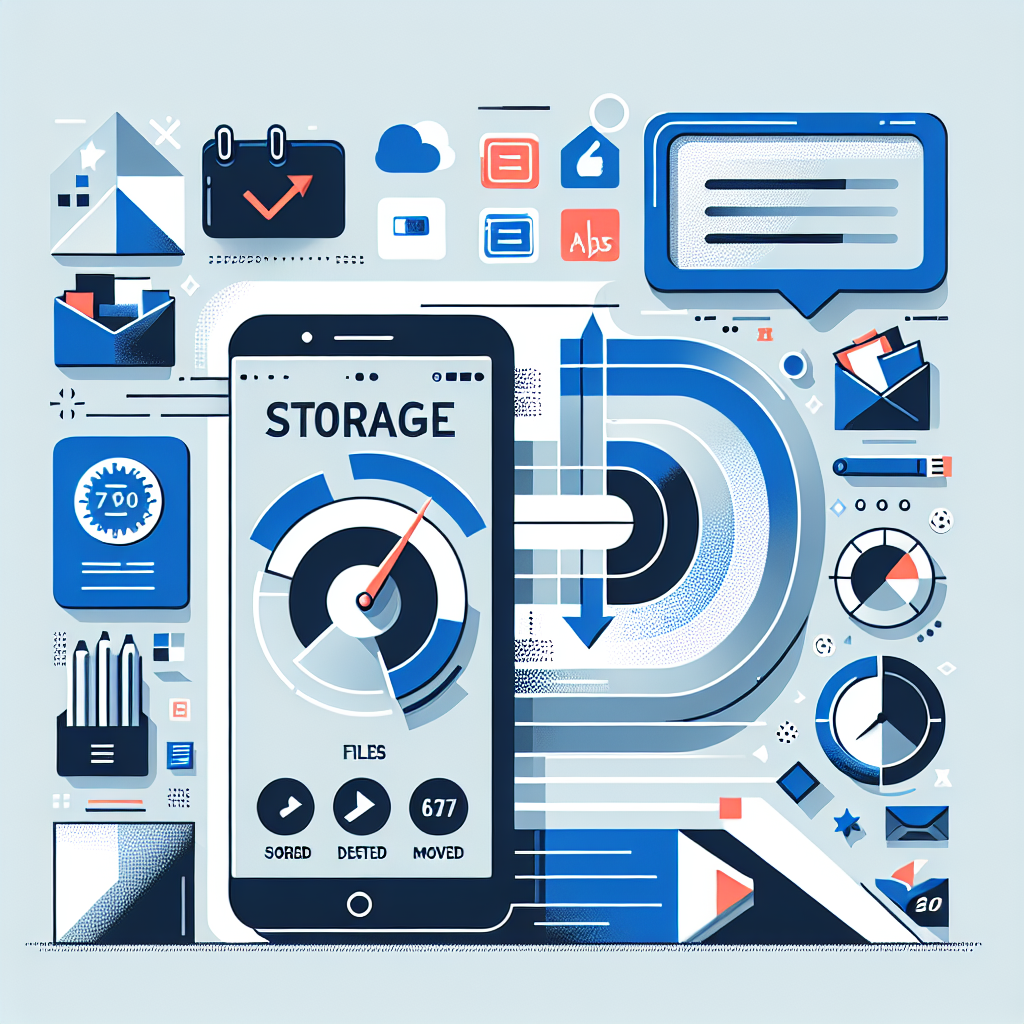Introduction
With so many apps, photos, videos, and files, running out of storage space on your iPhone can be a frustrating experience. Not only does it prevent you from downloading new apps or capturing more memories, but it also slows down your device’s performance. In this article, we will discuss effective ways to manage storage on your iPhone, free up space, and optimize its performance.
1. Check Your Storage Usage
The first step to managing your iPhone’s storage is to check how much space is being used. Go to Settings > General > iPhone Storage. Here, you will see a breakdown of the apps and data consuming your storage.
Pay attention to the apps taking up the most space and consider deleting those that you rarely use. You can also tap on individual apps to see their specific storage usage.
2. Offload Unused Apps
Offloading unused apps is a great way to free up space without losing any data. When you offload an app, its documents and data are saved, but the app itself is deleted. If you decide to reinstall the app in the future, all your data will be restored.
To offload apps, go to Settings > General > iPhone Storage and tap on the app you want to offload. Select the Offload App option and confirm.
3. Optimize Photos and Videos
Photos and videos often take up a significant amount of storage space on an iPhone. To optimize their storage, you can enable the Optimize iPhone Storage option in the Settings > Photos menu.
This feature stores the full-resolution versions of your photos and videos in iCloud while keeping optimized versions on your device. It automatically downloads the full-resolution version whenever you view or edit a photo or video.
4. Clear Cache and Temporary Files
Over time, temporary files and cache data accumulate on your iPhone, taking up unnecessary storage space and slowing down your device. Clearing these files regularly can improve your device’s performance.
To clear cache and temporary files, go to Settings > Safari and tap on Clear History and Website Data. You can also use third-party apps like CCleaner to remove cache and junk files.
5. Manage Music, Podcasts, and Downloads
If you download music, podcasts, or other media directly to your iPhone, they can quickly consume a significant amount of storage. Consider regularly deleting downloaded media that you no longer need or transfer them to your computer or cloud storage.
Conclusion
By following these storage management tips, you can keep your iPhone clutter-free, optimize its performance, and ensure a smoother user experience. Regularly check your storage usage, offload unused apps, optimize photos and videos, clear cache and temporary files, and manage downloaded media. Enjoy the benefits of more storage space and a faster, more efficient iPhone!
